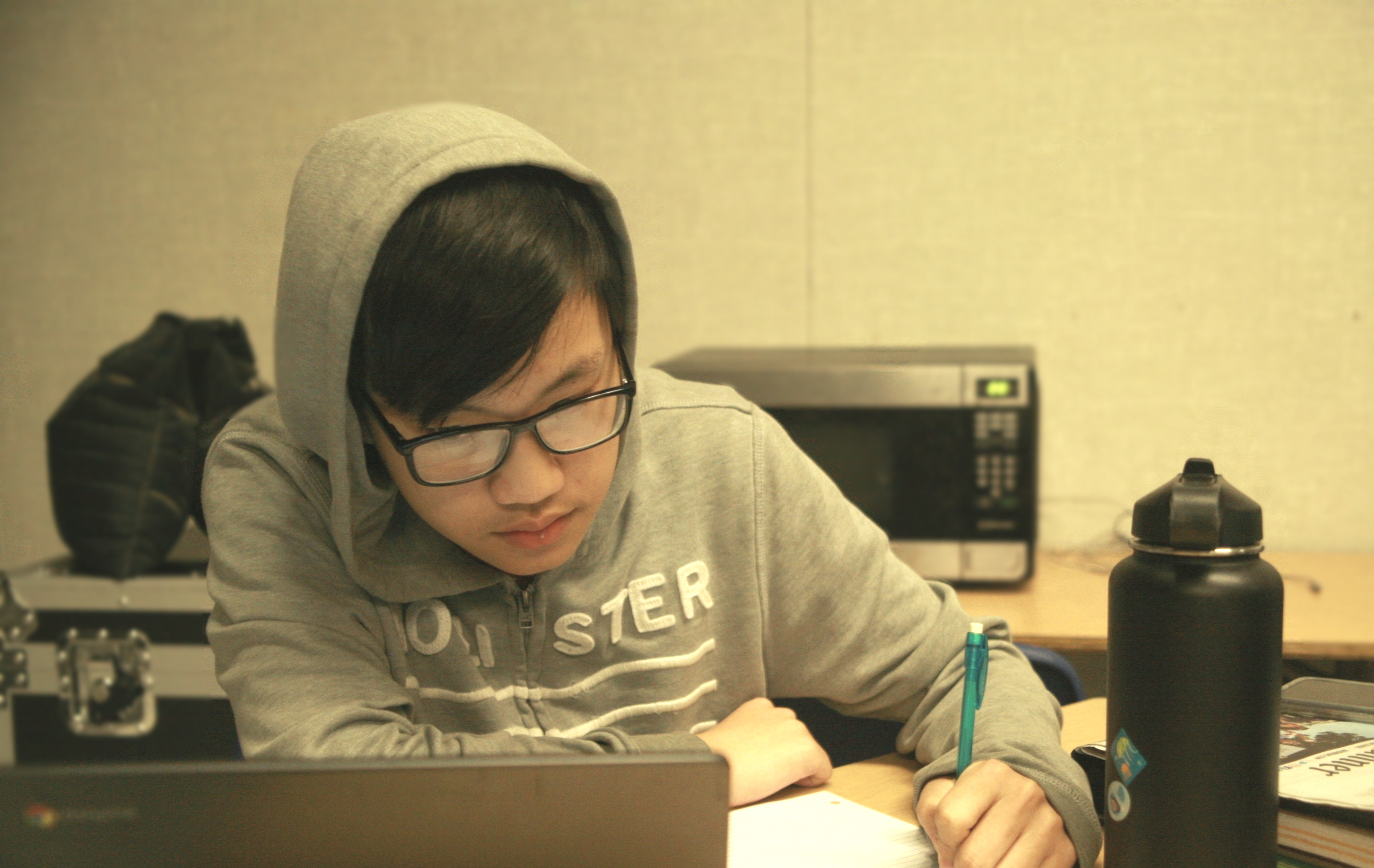
By Lylyan Yenson, Staff Writer
Anxiety and depression are commonly found in teens and college students, but recent tests have shown that high school students reported the same anxiety levels as psychiatric patients in the 1950’s. The reason for this is because more is expected from students nowadays. Teenagers are expected to be able to study, work, and succeed while maintaining a stable social life. Although few are able to do this, others fall behind and are overcome with anxiety and depression.
Students receive about four hours of homework each day and are expected to finish it on time while balancing extracurricular activities, jobs, and sports. Teenagers feel pressured to do this for college applications because they are led to believe that they will only succeed in life if they go to college.
As much as people would love to believe that our society is perfect, it isn’t; bullying and discrimination cause an increase of pressure on students to act a certain way or they could be discriminated against.
Furthermore, teens are told that they must do certain things to be successful in the future which only increases their anxiety levels with the thought of failure looming just around the corner.
Psychologists have found that the reason for the increase in anxiety and depression in the last 50 years is due to a decrease in social interaction. Teenagers are cooped up in their rooms worrying and studying for school rather than go out and spend time with their friends or family. These factors cause even more worry, stress, anxiety, and depression in many teenagers.
It is found that if a teenager has one anxiety disorder, it could lead to several others, including depression. Panic disorder, social anxiety disorder, generalized anxiety disorder, post-traumatic stress disorder, obsessive compulsive disorder, and specific phobia, are the most commonly found anxiety disorders. These disorders could also affect a person’s health and cause them many health problems such as hypertension, diabetes, asthma, and cardiac problems.
Several ways to help calm anxiety is to figure out what triggers it and find ways to help manage it. Identifying anxiety and admitting how a person feels can help decrease the intensity of the feeling. Physical exercise and meditation are others way to help decrease anxiety.
Depression and anxiety are serious disorders and shouldn’t be taken lightly. To learn and hear more about others problems with anxiety click here.





